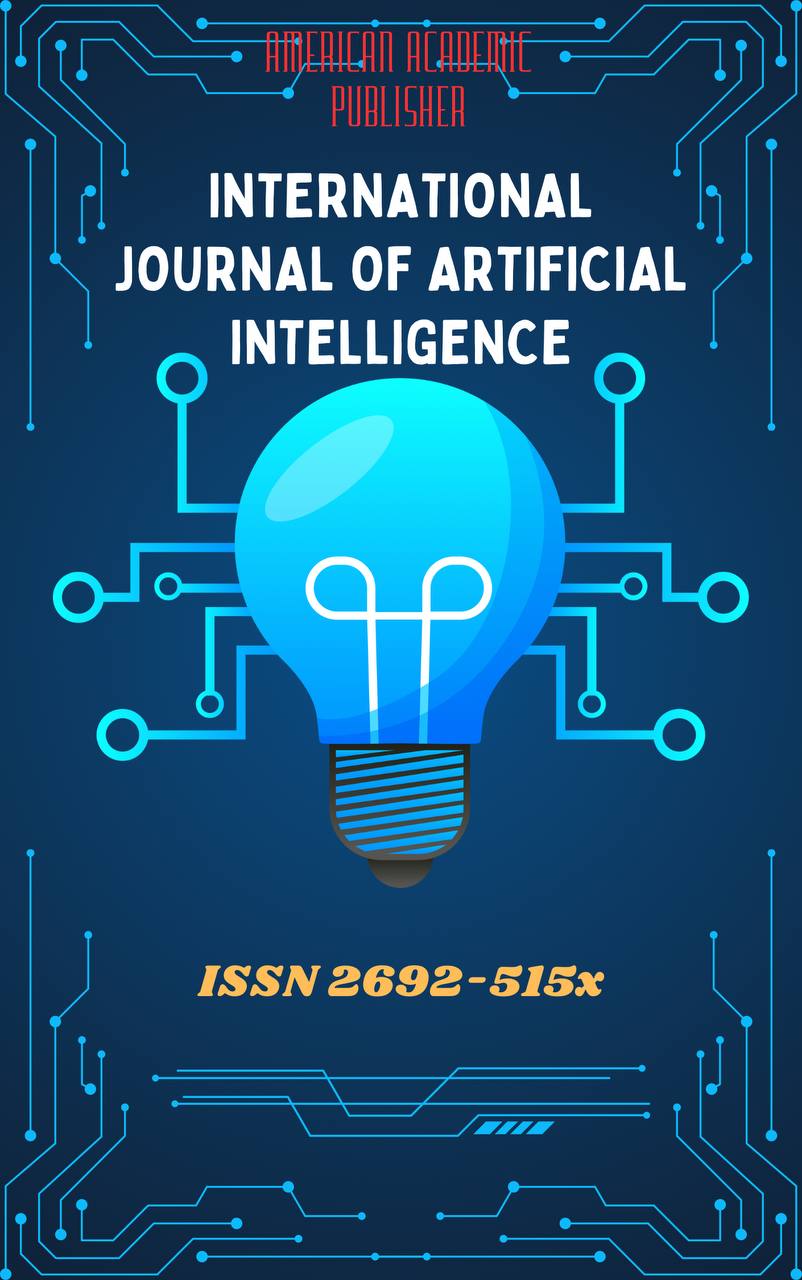 Articles
| Open Access |
Articles
| Open Access | PROBLEMS OF COMPILING A BILINGUAL RUSSIAN–UZBEK IDEOGRAPHICAL (SEMANTICAL) DICTIONARY
Khamraeva Yorkinoy Nabijanovna , Acting Professor of the Department of Russian Language and Literature Karshi State UniversityAbstract
This article explores theoretical and practical challenges in compiling a bilingual Russian–Uzbek ideographical dictionary. Unlike alphabetical dictionaries, it classifies words by semantic fields, highlighting issues such as semantic asymmetry, polysemy, and cultural specificity. The study shows that many concepts lack direct equivalents due to linguistic and cultural differences. Russian often has finer lexical distinctions in certain domains, while Uzbek includes culture-bound terms without Russian counterparts. Addressing these asymmetries requires explanatory notes, cross-referencing, and ethnolinguistic commentary. The creation of such a dictionary would combine European semantic models with Uzbek cultural categories and is valuable for comparative linguistics, translation, bilingual education, and cultural preservation.
Keywords
bilingual lexicography, ideographical dictionary, Russian–Uzbek, semantic fields, cultural specificity.
References
Apresyan, Y. D. (1995). Lexical Semantics: Selected Writings. Moscow: Nauka.
Karaulov, Y. N. (1981). Russian Language and Linguistic Personality. Moscow: Nauka.
Ogdonova, M. (2012). Bilingual Lexicography and Translation Problems. Tashkent: Uzbekistan Academy of Sciences.
Roget, P. (1852). Thesaurus of English Words and Phrases. London: Longman.
Sharipov, A. (2018). Comparative Lexicology of Uzbek and Russian. Tashkent: Fan va Texnologiya.
Lyons J. Semantics. – Cambridge: Cambridge University Press, 1995.
Article Statistics
Downloads
Copyright License

This work is licensed under a Creative Commons Attribution 4.0 International License.
